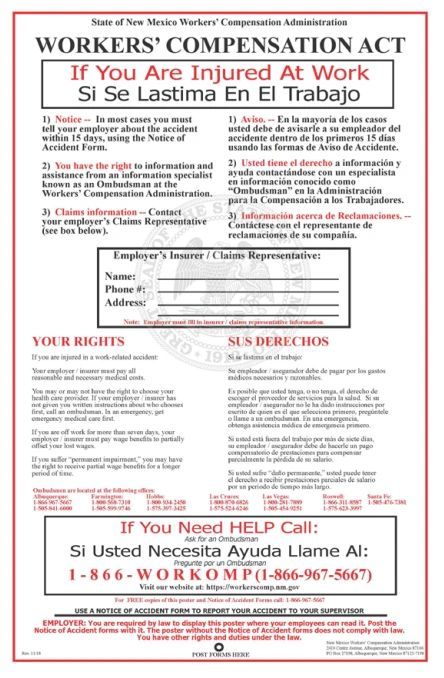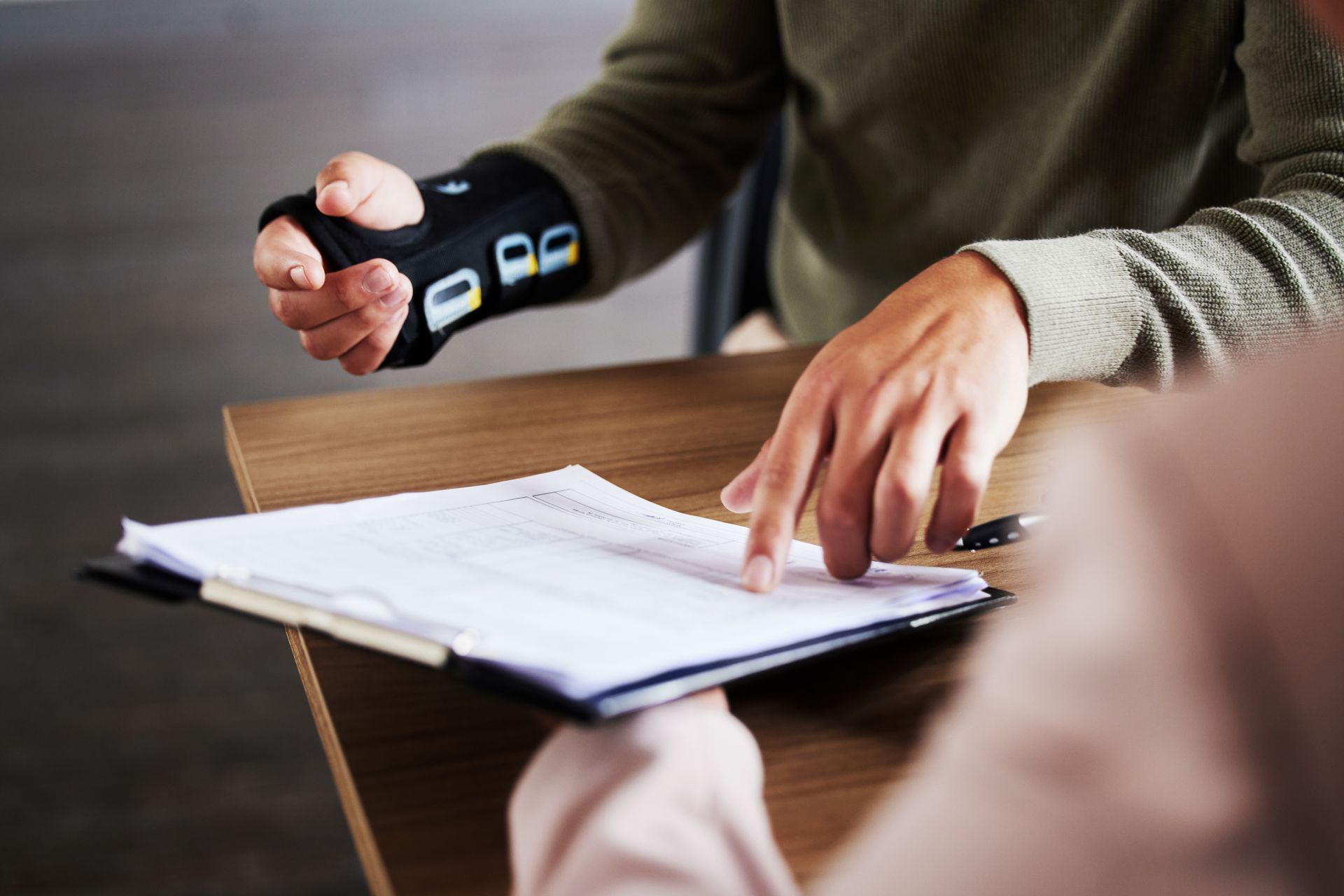Personal Injury
Personal injuries can have a profound impact on your life, and at Lueker Law, LLC, we are committed to helping you recover both physically and financially. Serving Albuquerque and all of New Mexico, our firm offers expert legal representation for a variety of personal injury cases, ensuring you get the compensation you deserve.
Car Crashes
Car accidents can result in severe injuries and significant financial burdens. We have extensive experience handling car crash cases, from negotiating with insurance companies to litigating in court, to ensure you receive full compensation for your medical bills, lost wages, and pain and suffering.
Slip and Fall
Slip and fall accidents can occur anywhere and often result in serious injuries. We investigate the circumstances of your fall, gather evidence, and hold the responsible parties accountable to secure the compensation you need for your recovery.
Trip and Fall
Similar to slip and fall incidents, trip and fall accidents can lead to significant injuries. We meticulously examine the details of your case, identify the negligent parties, and fight for your right to fair compensation.
Premises Liability
Property owners have a duty to maintain safe conditions. If you’ve been injured due to unsafe premises, we will hold the property owner accountable. Our thorough approach ensures that all aspects of your injury are addressed, from medical expenses to long-term care needs.

WORTHY CAUSES & NOTABLE CASES
01

Medical Negligence
Collaborated with a medical malpractice attorney in representing a Spanish speaking fifteen year-old boy whose doctor failed to diagnose a ruptured appendix over a busy, holiday weekend, resulting in needlessly tragic, life-threatening and life-altering injuries, obtaining a settlement of $6.8 million on the medical negligence claim.
02

Slip & Fall in Women’s Clothing Store
An unsuspecting customer slipped and fell at a CATO’s Clothing Store in a pool of oil- based perfume after the sales associates on duty failed to clean the tile floor next to the cashier. The Plaintiff sustained a rotator cuff tear, for which she required surgery. After a bench trial, a Sandoval County Judge awarded her $146,453.69, plus the costs of litigation.
03

Un-Insured/ Underinsured Motorist Benefits Equal to Limits of Liability out of a Workers’ Compensation Case
In Crutcher v. Liberty Mutual Insurance, the New Mexico Supreme Court found that the technical language of the offset rule in New Mexico’s Uninsured/Underinsured Motorist statute provided illusory coverage where the minimum limits of Uninsured/Underinsured Motorist benefits were offset completely by the minimum limits of a tortfeasor’s liability policy. Following Crutcher, we secured the limit of Uninsured/Underinsured Motorist benefits for our client, who had been working at the time that a drunk driver T-boned his work vehicle, providing him with both Workers’ Compensation benefits as well as a Personal Injury settlement for the limits of the drunk driver’s liability policy and the limits of his own Uninsured/Underinsured Motorist policy.

Contact Us
At Lueker Law, LLC, we understand the physical, emotional, and financial toll that personal injuries can take. Our compassionate and dedicated team is here to support you through this challenging time. Contact us today to discuss your case and find out how we can help you achieve the justice and compensation you deserve.
LEGAL NEWS



YOUR ADVOCATE AND ALLY IN OBTANING THE WORKERS' COMPENSATION BENEFITS YOU DESERVE.
Contact Lueker Law, LLC Today
Knowledgeable and Competent Legal Representation
QUICK LINKS
PRACTICE AREAS
This website has been built to be accessible for all users. If you experience any difficulty in accessing this website, please contact us for assistance.








